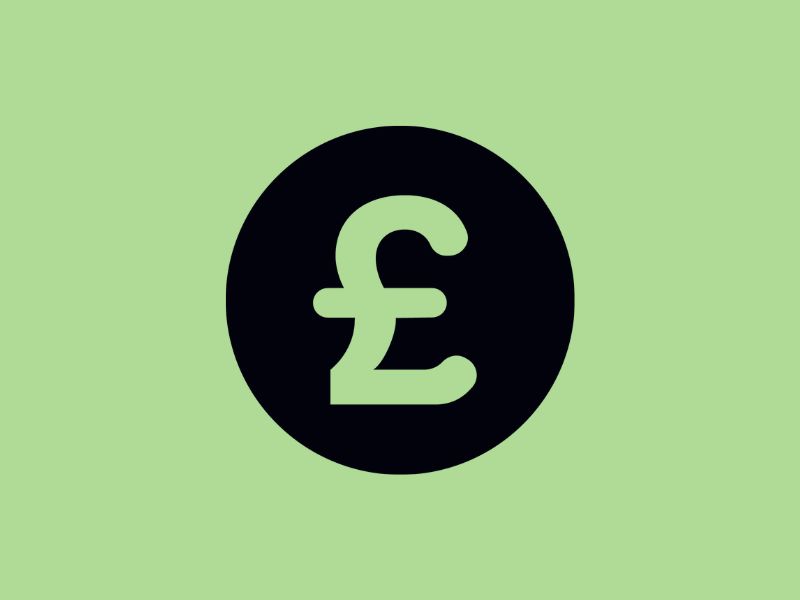
Changes to UK Buy Now, Pay Later rules explained
Expect some differences when using BNPL services like Klarna, PayPal, and Clearpay.
What's in this article
The current BNPL landscapeWhat's driving the regulatory change?The new rules: What's actually changing?Enhanced affordability assessmentsFCA authorisation requiredBetter consumer protectionsTemporary permissions regimeWhat this means for your credit scoreWhat you should do nowThe bottom lineThe Buy Now, Pay Later (BNPL) landscape is set to change significantly in the UK. After years of rapid growth in a largely unregulated space, new rules are coming that will reshape how services like Klarna, PayPal, and Clearpay operate.
If you've been using BNPL services or are curious about what these changes might mean for how you shop, we've got you covered. Here’s what's happening and why it matters.
The current BNPL landscape
Buy Now, Pay Later has become a fixture of shopping, particularly online, with services like Klarna, PayPal, and Clearpay offering flexible interest-free payment options at checkout.
These services have operated in an unregulated environment, for the most part, which has allowed for innovation but also created some consumer protection gaps. It’s grown beyond purely online retail, with many services now offering in-store cards to use on the high street.
The services offer a variety of payment options. Shoppers can typically choose between paying in 30 days or splitting their purchase into three or four interest-free monthly payments.
But concerns have been mounting about potential over-borrowing and the lack of robust affordability checks. Unlike traditional credit products, BNPL services haven't been subject to the same regulatory oversight, meaning shoppers haven't had the same level of protection if things go wrong.
What's driving the regulatory change?
The UK government's decision in October 2024 to regulate BNPL comes after growing concerns about consumer debt and financial wellbeing. While many people use these services responsibly, there have been worries about:
Less rigorous affordability checks: Unlike traditional credit, most BNPL providers haven't been required to conduct thorough assessments of whether you can keep up with the repayments.
Limited consumer protection: If you had a problem with a BNPL provider and wanted to make a complaint or raise a dispute, your options were limited compared to other financial products.
Potential for over-borrowing: The ease of accessing BNPL credit, combined with simplified checks, raised concerns about people taking on more debt than they could handle.
Impact on vulnerable consumers: There were particular worries about how BNPL services might affect those already struggling financially.
One of the best ways to help keep your credit health in check is by monitoring your credit report. At Checkmyfile, you get the most detailed credit report out there, with your information from the UK’s three main credit reference agencies – Experian, Equifax, and TransUnion – in one place. And if something doesn’t look right, our UK-based customer care team can help.
New to Checkmyfile? You can get started with a 7-day free trial – it’s then a paid monthly subscription that you can cancel online anytime.
The new rules: What's actually changing?
In May 2025, the government laid draft legislation before Parliament, with the new regime expected to come into force by mid-2026. Here's what the changes will mean:
Enhanced affordability assessments
BNPL providers will need to conduct more rigorous checks before offering credit. This means they'll need to look more closely at your financial situation to make sure you can afford the repayments. While this might mean some applications are declined that would previously have been accepted, the idea is that it will help prevent people from taking on unmanageable debt.
FCA authorisation required
BNPL providers will need to obtain authorisation from the Financial Conduct Authority (FCA) to operate. This brings them into line with other consumer credit providers and means they'll need to meet specific standards around how they operate and how they treat customers.
Better consumer protections
The new rules will give BNPL users similar protections to those enjoyed by other credit users. This includes clearer information about agreements, better dispute resolution processes, and the ability to escalate complaints to the Financial Ombudsman Service if you can't resolve an issue directly with the provider.
Temporary permissions regime
For continuity of service while providers get fully authorised, there will be a temporary permissions system. This means existing BNPL services can continue operating while they work through the authorisation process, but they'll still need to follow FCA rules.
What this means for your credit score
One of the biggest questions people have about BNPL services is how they affect credit scores. Currently, the impact varies:
Soft searches for eligibility don't affect your credit score.
Missing payments, if reported to the credit reference agencies, can damage your score.
Hard searches for longer-term financing options do appear on your credit report. Unlike soft searches, hard searches could impact your score.
With the new regulations, this landscape will evolve. Enhanced affordability assessments could mean more comprehensive credit checks, while improved reporting standards will mean your payments – positive and negative – will be recorded no matter which BNPL service you use, and could influence your credit score.
Making your BNPL payments on time has always been important for avoiding fees and complications, but it will become even more crucial for protecting your credit score under the new rules.
What you should do now
While these changes are positive for consumer protection, there are things you can do right now to use BNPL services responsibly:
Keep track of all your BNPL commitments: It's easy to lose track of multiple payment plans across different providers. Make a note of what you owe and when payments are due.
Only borrow what you can afford: Keep a close eye on your credit usage. Being aware of your financial situation gives you a better understanding of whether you can manage your payments effectively.
Make payments on time: Missing BNPL payments can result in fees and potentially damage your credit score, so make sure you never forget a payment.
Monitor your credit report: Look out for searches on your credit report. If your repayments are reported, make sure everything’s reflected correctly. Get your most detailed credit report today.
The bottom line
These regulatory changes represent a significant step forward for consumer protection in the BNPL space. While the convenience and flexibility that made these services popular will likely stay the same, they'll operate within a framework designed to prevent over-borrowing and protect consumers.



